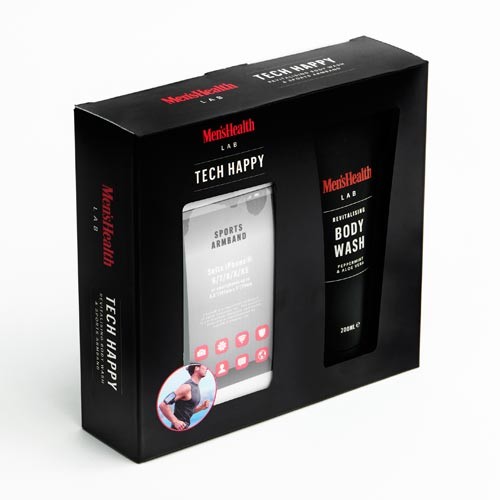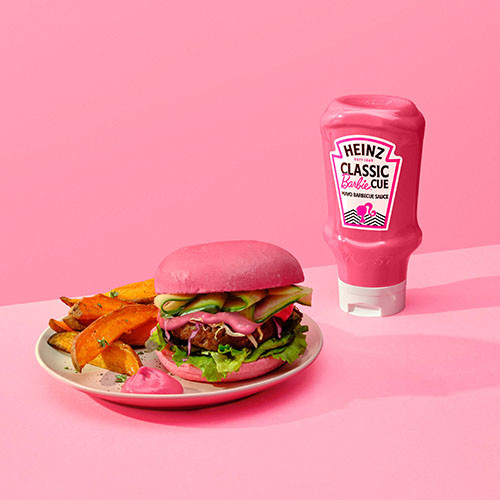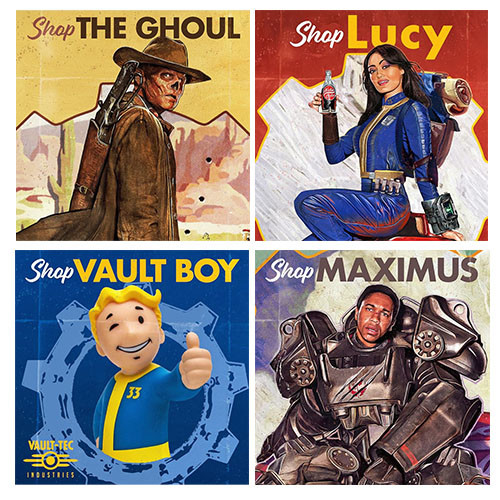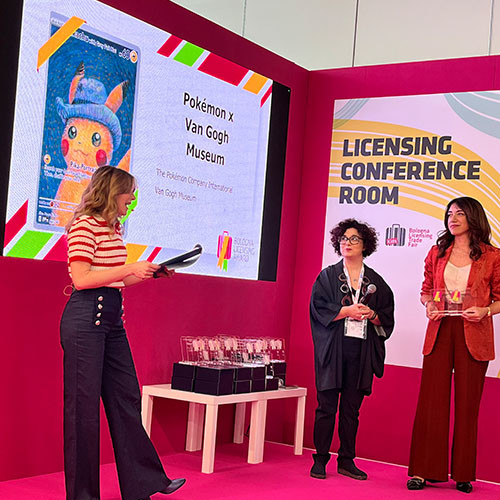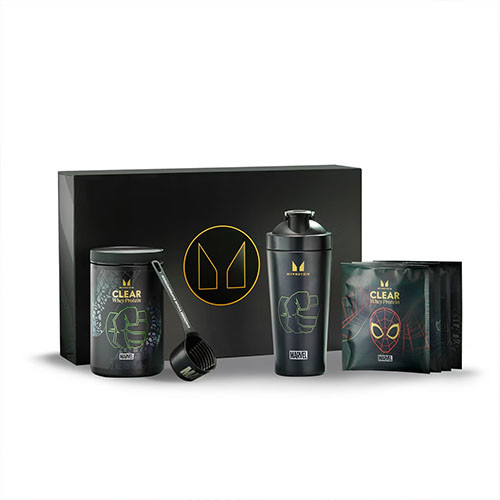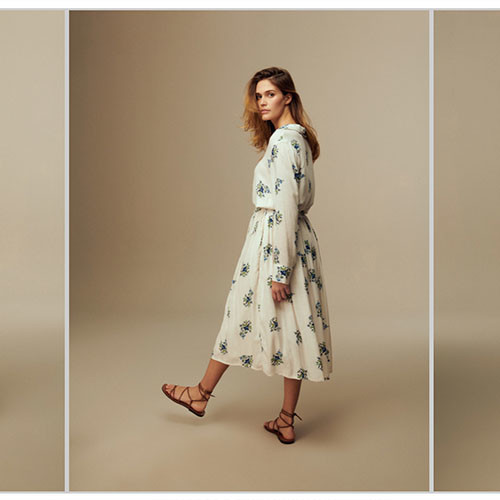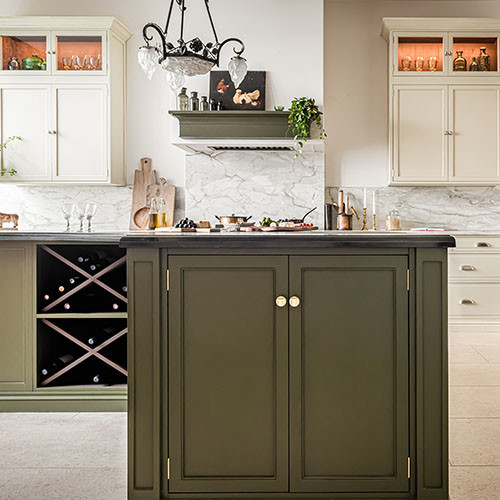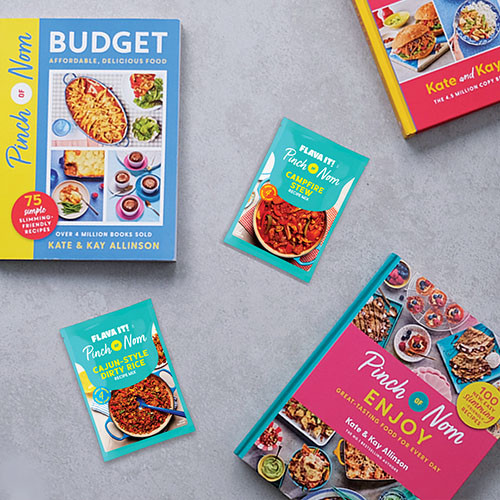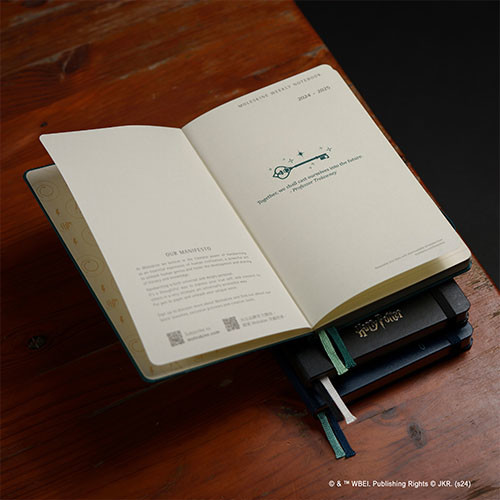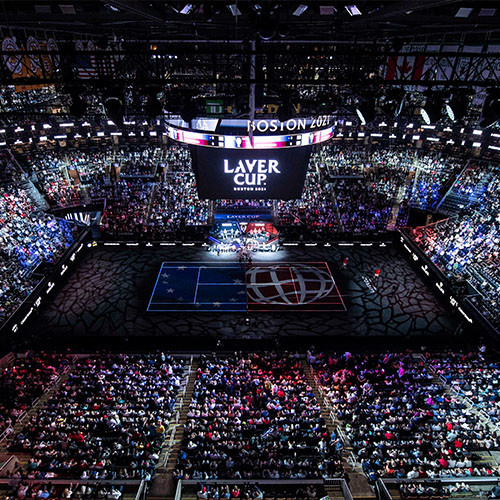Julia Redman from BuyersEye on how brands and retailers can ensure they survive the storm and make sure consumers return.
The first fact to acknowledge, in the current situation, is that many high street retailers were already in financial difficulty well before coronavirus, as a result of reduced consumer spending (a consequence of a never ending Brexit and failing customer confidence), coupled with an increased awareness of the need for a more sustainable future.
However, it was not only the political and environmental considerations that were to blame. On the whole, it was an inability to adapt fast enough, embrace new technology and changing consumer shopping habits, that was already impacting on the sales and profit potential of these retailers. An inability to see past the here and now, the current issues and develop new and successful strategies to futureproof the ‘old guard’ of British retail. It takes a lot of courage, and usually, high levels of investment to make major changes to the strategic direction of a retail business but in these fast moving times, staying the same was never an option.
Almost overnight the appearance of COVID-19 and its impact on our daily lives has accelerated those troubled retailers toward administration, and the impact for our high streets and the businesses that trade on them, is potentially catastrophic. Many stores have closed, globally, and it is likely that numerous retailers, which were over spaced in the first place, will re-open with significantly fewer stores (predictions suggest around 20% of retail space will be empty).
Customers simply have little desire to spend – many have lost their jobs, are concerned for their financial security and their health; they have nowhere to go, and therefore no need for new clothes; they are confined to their homes and fashion is not a priority.
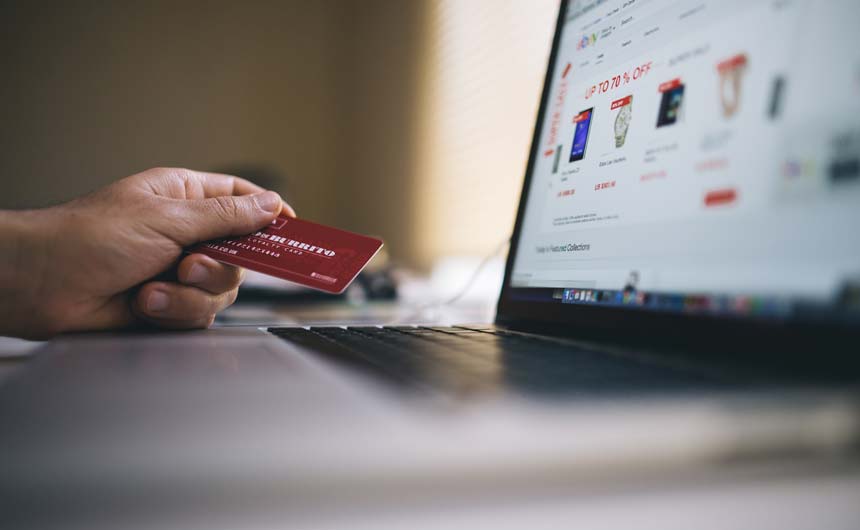
We are effectively in a ‘survival of the fittest’ situation, so how do we ensure that our businesses are among those survivors?
Migrate as much customer interaction as possible to ecommerce.
The percentage of consumers shopping online has increased dramatically over recent years, and the COVID-19 crisis has encouraged customers who might never have shopped this way before, to do so now. Many online businesses are suffering through this pandemic, but generally to a lesser extent than bricks and mortar retailers.
Amazon, as an example, has remained incredibly successful throughout. Why?
- Width of offer/choice
- Convenience/speed of delivery
- Shopping experience – ease & repeat purchase potential
- Customer perception of value
However, there is a need for brands to consider very carefully the way they approach their customers during this time. Consumers are feeling vulnerable and stressed. Bombarding them with email marketing offering distressed discounts may just encourage them to switch off contact with your brand.
It is time to engage with them on a much deeper, kinder level, help them to feel that you care about them and their families, with the ultimate aim of building brand loyalty. In the words of Mary Portas in a recent article for the Financial Times, they are no longer simply consumers, they are your followers.
“Mediocrity is out the window… The bland, the dull, middle-of-the-road merchandise – forget it. The retail businesses that survive will come out with a deeper connection to their followers. The days of rabid consumerism are over.”
These followers will remember the way a brand behaves – particularly those who have done the right thing (treating their employees well, supporting the NHS, local charities and those in need), but they may also remember those who failed to live up to expectations (cancelled orders leaving millions of workers in producing countries destitute, and driving suppliers to the brink of bankruptcy).
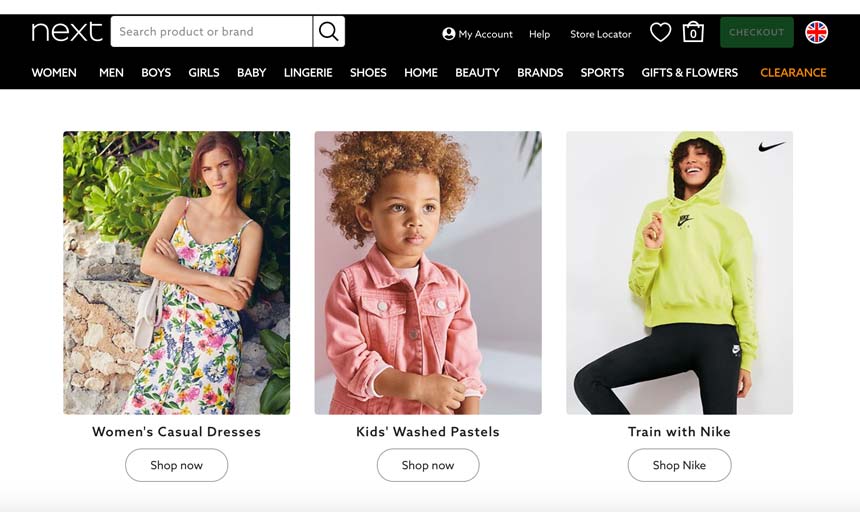
Focus on categories which continue to perform well.
The nation is trapped in their homes and consequently, their shopping habits and what they are willing to spend their money on, has changed. Many more of us are working from home and there are none of the usual activities and events taking place, leading to a much more relaxed approach and lifestyle.
What is selling?
Food – reported predicted growth of 25.5% for 2020 (source Global Data). Online food sales are significantly up, and grocery delivery services cannot keep up with demand. We are all eating in every day – cooking and baking, and showing off our masterpieces on Instagram.
Loungewear, nightwear – comfortable, casual and versatile enough to move from the sofa to the home office, the kitchen, outside the front door to clap for our NHS frontline staff and back to the sofa.
Sports clothing and equipment – as we walk/cycle/run and take part in online fitness, yoga and pilates classes, create our own home gyms. Peloton’s interactive cycling and fitness app was downloaded five times more in March than in February. And everyone, from the youngest schoolchildren, to their parents and grandparents, has been joining Joe Wicks for his 9am PE classes.
Home and garden products and accessories – people are taking on their own home improvements and garden upgrades. Huge queues have developed outside the recently re-opened B&Q stores, as customers, dig, decorate and demolish.
Baby and children’s clothing, toys and games – stating the obvious, babies will continue to be born and children are always growing, so there will undoubtedly be a need for products which cater for them, keeping them clothed and occupied. The key to future success will be in finding products which inspire and educate a generation for whom our doctors, nurses and scientists have become heroes.
Next is a good example here of a business that has tuned into its customers’ needs at this time. Having re-opened its online operation, keeping to social distancing guidelines, it is very much focused on these categories, and has not yet re-introduced men’s or women’s fashion. Its landing page, which would normally lead with women’s fashion, now focuses on ‘Dinner with Next’ or ‘At home with Next’. Any clothing focuses on casual comfort or sportswear. The fact that 50% of its sales were already coming from the online platform, and it has invested heavily in developing strategic scenarios to cope with the pandemic, puts it in a stronger position than most.
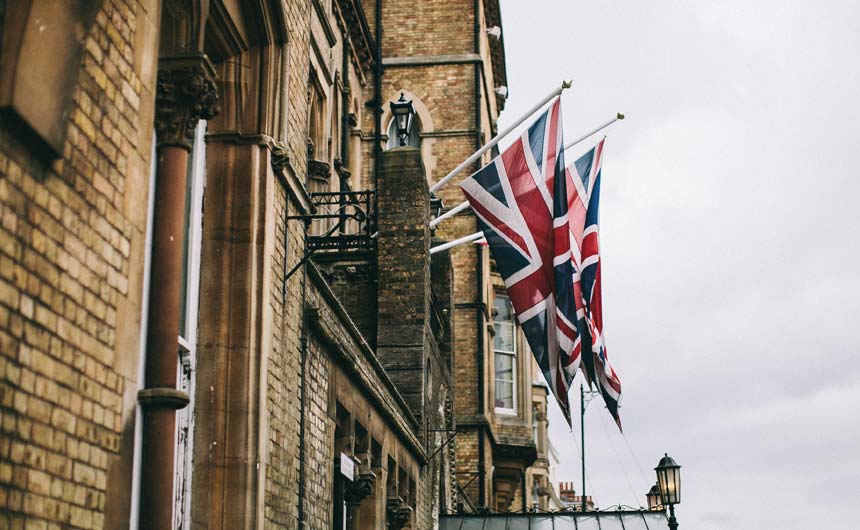
Focus on Innovation, creativity and flexibility.
If we are looking for the positives, at this point in time, it is that almost all of these categories hold significant opportunities for the licensing industry. These were the categories which were already significant strengths for our business, and have potential for further growth as we adjust to a different way of life in the longer term.
That life will potentially include a resetting of the sources that retailers buy from, and the volumes of each product they are prepared to purchase. They will be looking for suppliers and brands which can offer them faster turnaround, closer to home sourcing at competitive prices. Potentially, there will be renewed interest in British manufacturing, particularly after the call to action for producing scrubs, masks and gowns for the NHS here in the UK.
They will also be looking for lower minimum order quantities. One of the reasons that so many retailers are in trouble is because they were ordering far too much stock, generating a perpetual need for discounting in order to clear it. Smaller drops of newness, with less specific seasonality, at more regular intervals, is likely to be the way forward. Flexibility to repeat fast on bestsellers will be critical. No retailer is going to want to over commit, and carry the inventory that they were before.
Now is not the time to be sitting back and waiting for it all to be over, in the hope that everything will return to normal. Now is the time to be innovative and creative in the development of new ideas, products and future strategy. There will eventually be a new normal.
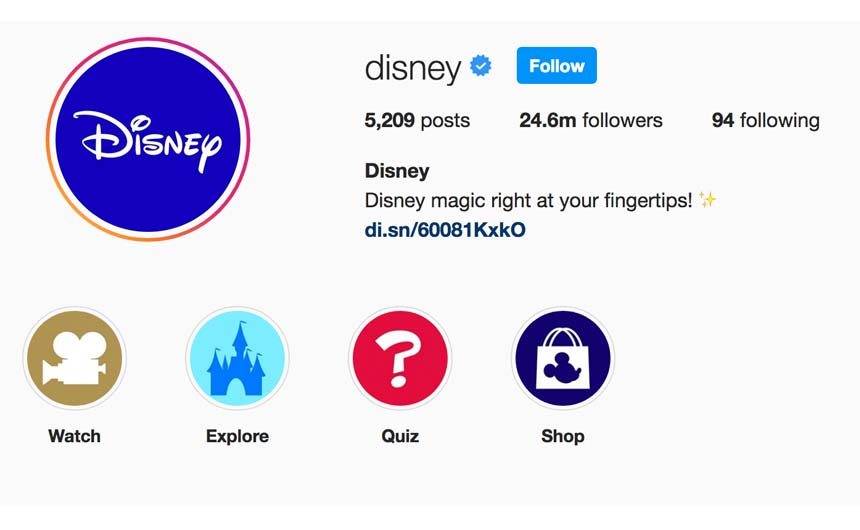
Enhance Customer Experience.
Whether a brand or a retailer, online or offline, what we deliver is going to have to excite and inspire in order to encourage spending. Consumers are realising that perhaps they don’t need all the material ‘things’ they thought they needed, and that the health and happiness of their friends and family is much more important.
How many of us are participating in online Zoom fitness classes, wellbeing and meditation events, virtual trade fairs, quiz nights with family and friends, online gaming competitions, virtual dinner parties and pub nights? I even have a friend who has built a bar in her garden so that she can share the pub ‘atmosphere’ on social media. How can we capitalise on this overwhelming human desire to communicate and interact, in order to create really meaningful customer experiences?
Primark is a good example here of how this can be done in store, with its Friends Central Perk and Disney café’s, and Harry Potter shop in shops, really tuning into their customers favourites, but it is more difficult to achieve online and in the current situation.
Social media, and the media in general, has a huge part to play in engaging with our customers. Disney, for example, has over 24m followers on Instagram, and has surpassed the 50m subscriber mark for its Disney+ streaming service. With increasing numbers of consumers turning to streaming services such as Netflix and Amazon Prime, etc, and growth in YouTube and IGTV, how will this impact on spending habits? It will certainly have an impact on traditional methods of TV advertising.
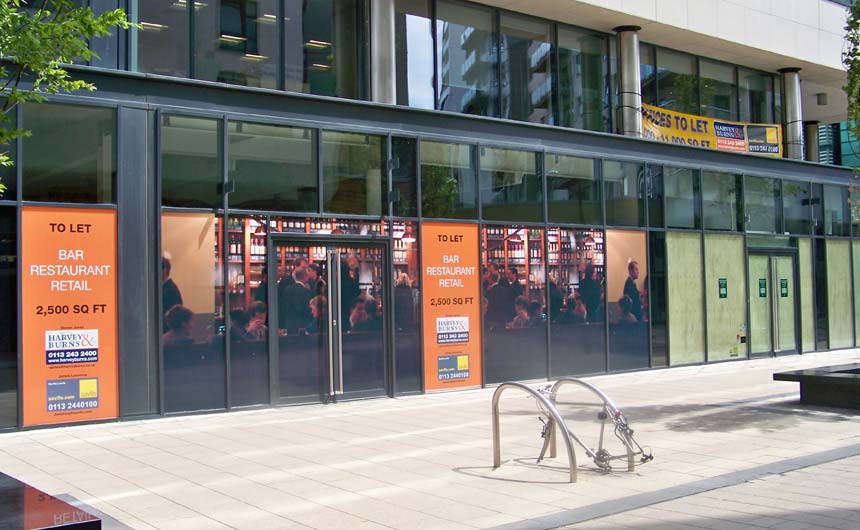
New routes to market.
Out of the demise of some of our longstanding bricks and mortar retail businesses will come opportunities for new businesses to enter our high streets and our online space.
Landlords will be desperate to fill unoccupied retail space. We are likely to see an influx of new and creative businesses opening up, either permanently, or just testing the water with pop up shops, or in new online marketplaces. Successful overseas businesses may see opportunities here in the UK that have not existed before. Some high streets were already seeing this as a result of the drive for a more sustainable way of life. Will we continue to shop more locally? Avoiding large shopping centres, cinemas and public transport. Anywhere, in fact, that might still harbour the potential to catch this virus, or the next.
Because there is one thing that we can be sure of… our lives and behaviour will never be quite the same again, and we will have had to learn the hard way, that we need to be prepared to take on and adapt the way we do business to cope with the new and ever changing normal.
Julia Redman is founder of BuyersEye, a retail buying and sourcing consultancy. Having spent nine years at M&Co, latterly as head of buying, kidswear, Kylie, menswear and homeware, and before that in senior buying positions with retailers including Marks & Spencer, Debenhams and Woolworths, Julia relaunched BuyersEye in 2019 with the mission of supporting buying and product development teams to achieve their goals. She can be contacted by clicking here or check out the BuyersEye website here.











